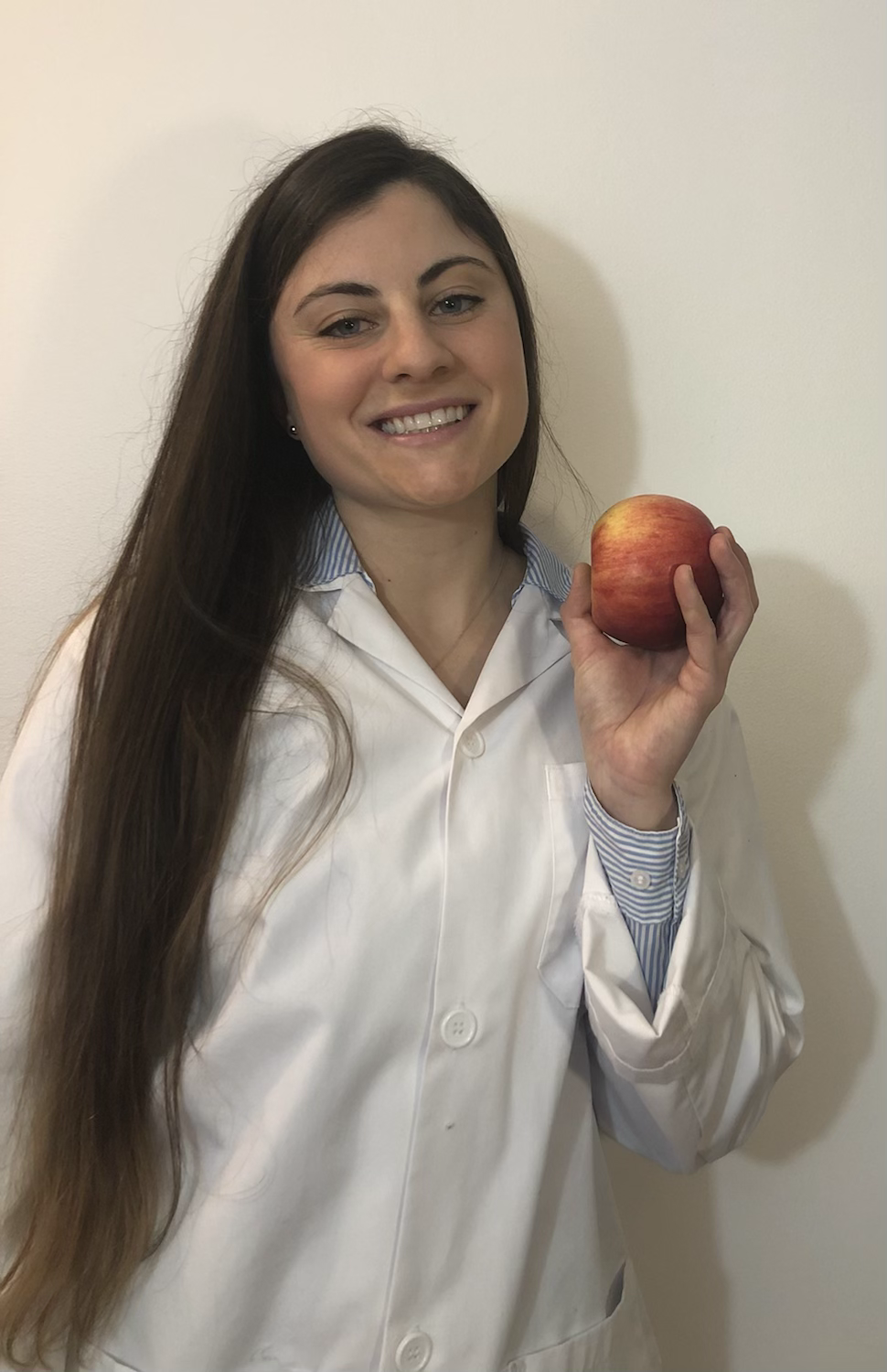Registered Dietitian Or Nutrition Coach?
- Karine Drouin

- May 15, 2023
- 2 min read
Updated: May 22, 2023

In Quebec, a registered dietitian (RD) or nutritionist is a regulated healthcare professional who has completed an accredited university program in nutrition and dietetics, followed by a supervised training program (stage). Both names (dietitian or nutritionist) are protected and the training and education are the same. RDs are trained to provide medical nutrition therapy, which involves using evidence-based nutrition science to assess and help with nutrition-related health conditions. They are also recognized by the public healthcare system.
A nutrition coach, on the other hand, is not a regulated healthcare professional and does not require any formal education or training. They may have completed a short-term nutrition or wellness program, but their qualifications and experience can vary widely. Nutrition coaches typically focus on providing general advice, guidance and support to clients. Other names for nutrition coach: herbalist, naturopath
Registered Dietitian:
Conduct a comprehensive nutrition assessment to identify the individual's nutritional needs, preferences and medical history.
Develop a personalized nutrition plan that takes into account the individual's unique needs and goals.
Provide evidence-based nutrition education and counseling to help individuals manage and prevent nutrition-related health conditions, such as diabetes, heart disease, and digestive disorders.
Monitor and adjust the individual's nutrition plan as needed to ensure optimal health outcomes.
Collaborate with other healthcare professionals to provide coordinated care for individuals with complex medical conditions.
Require continuing education throughout their entire career.
When they suggest a supplement, they can prove that the person needs it.
Are part of a professional order that is ODNQ.
Nutrition Coach:
Provide general nutrition advice and guidance to individuals who want to improve their overall health and wellness.
Develop meal plans and recipes not necessarily based on the individual's dietary preferences and goals.
Offer support to help individuals stay on track with their nutrition and wellness goals.
Provide education on healthy eating habits and lifestyle behaviors, such as stress management and physical activity that is not necessarily evidence-based.
Provide holistic care for individuals.
Do not need continuing education.
Are not part of a professional order.
Karine Drouin, registered dietitian and nutritionist



Comments